Thought Leadership
The Catalyst Group (TCG) Thought Leadership: Industry Insights and Expertise
The Catalyst Group (TCG) specializes in providing actionable insights and strategic guidance to process and manufacturing industries. More importantly, TCG has 40+ years of experience in catalysis, process technologies and sustainability strategies. We deliver expert analysis of trends reshaping the refining, petrochemical and catalyst industries.
Industries face significant challenges and opportunities as the global push for decarbonization and energy transition intensifies. TCG thought leadership assists organizations in understanding these changes, adapting effectively and making informed decisions. TCG’s thought leadership provides expert insight into the problems impacting industrial operations, sustainability issues and technological advancements.
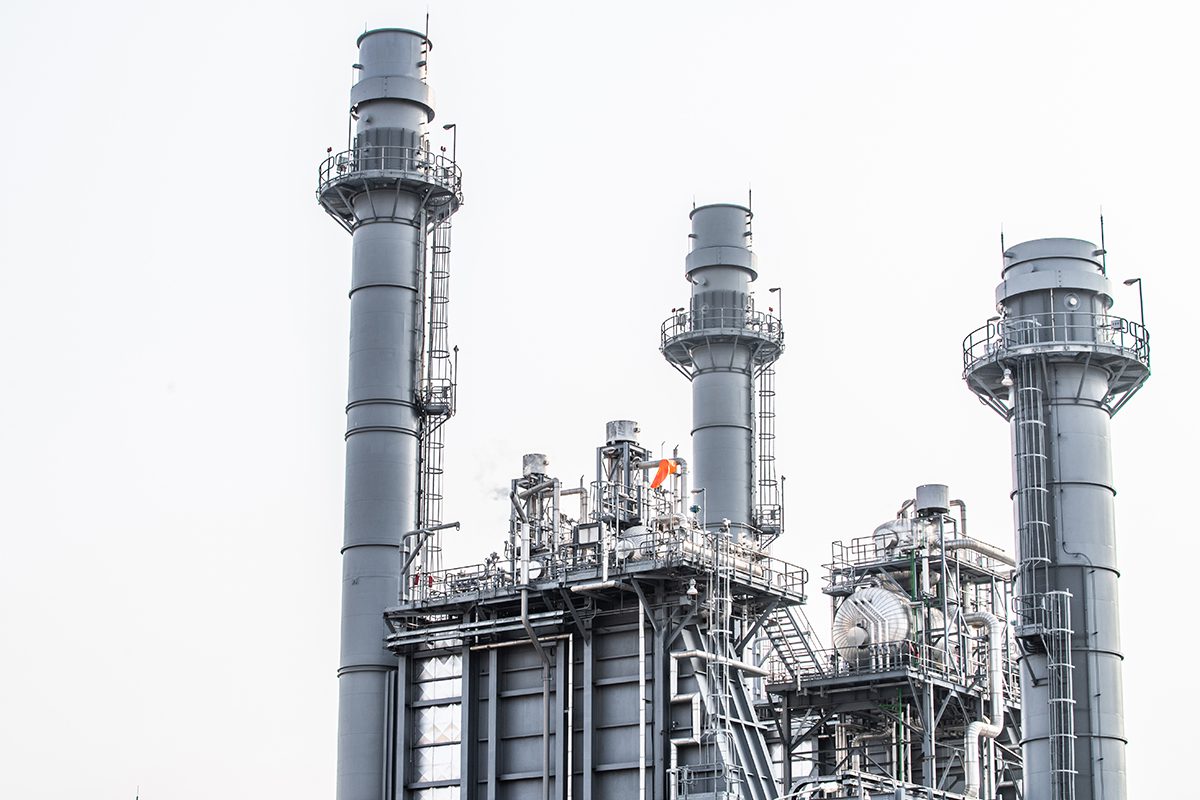
Comprehensive Expertise for Today’s Challenges
The pace of change in industrial operations requires expertise that spans technology, policy and sustainability. TCG provides real-world insights into the energy transition and the decarbonization of process technologies. Critical special interest areas include:
Refining & Petrochemicals
Using sustainable alternatives to replace traditional fossil-based products.
Energy Transition and Decarbonization
Shifting to low-carbon feedstocks and reducing greenhouse gas (GHG) emissions.
The Hydrogen Economy
Exploring blue and green hydrogen’s role in decarbonization and energy sources.
Alternative Energies
Integrating renewable energy solutions like solar, wind and geothermal into power infrastructures.
Oil-to-Chemicals (COTC)
Industry 4.0 & IIoT
Leveraging advanced digital technologies and artificial intelligence (AI) to optimize industrial processes.
Methane and C1 Conversion
Circularity and Lower Carbon Intensity Products
Developing closed-loop systems and improving resource efficiency.
Downstream Chemicals and Polymers
Identifying opportunities in global chemical and polymer production.
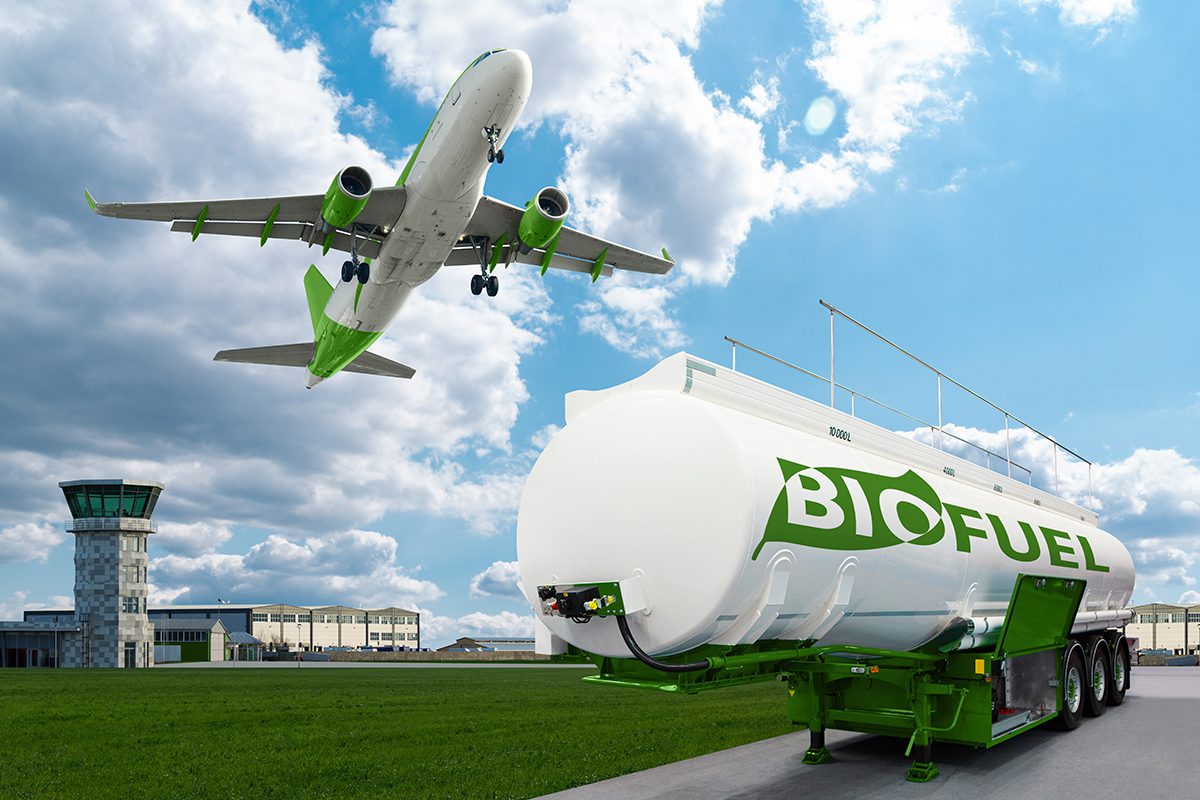
Bio-based Fuels, Chemicals and Polymers
Biofuels, biodiesel (BD) and sustainable aviation fuel (SAF) are emerging substitutes for traditional fossil fuels.
Other bio-based products, including bioethanol and biobutadiene, are alternatives to established petrochemical-based products. TCG’s catalysis expertise supports practical solutions to replace hydrocarbon-based feedstocks with innovative processing technologies.
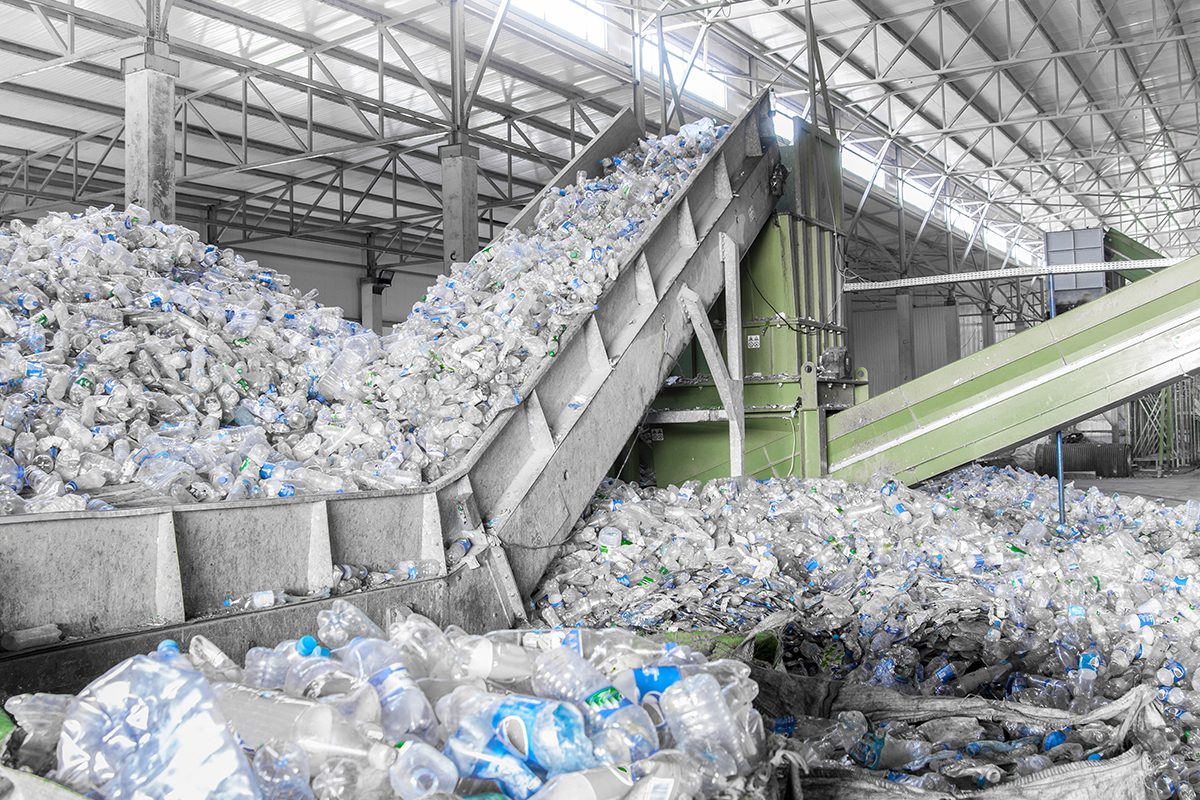
Circularity and Lower Carbon Intensity Products
A true circular economy is a system-wide effort across the entire value chain and extends the service life of raw materials. More importantly, sustainability emphasizes resource conservation and carbon-neutral production methods.
Recycling waste polymers and plastics is a high-interest issue due to environmental concerns. Unfortunately, present infrastructure challenges hinder global recycling rates.
Innovations are under development to resolve contamination problems of waste plastics. Likewise, clear policies and regulations must provide transparency about recycling efforts and support investment.
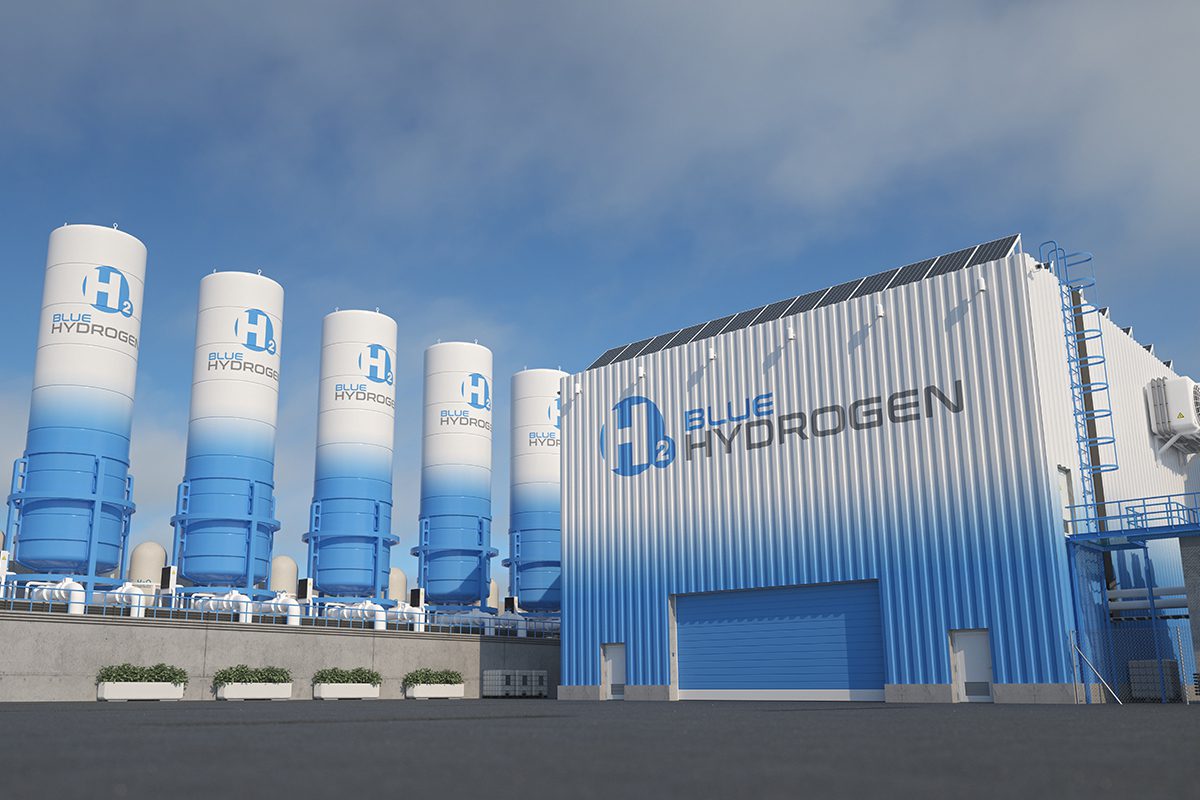
The Hydrogen Economy
Hydrogen will play a significant role in the energy transition as decarbonization efforts spur demand growth. In particular, hydrogen demand is forecast to increase fourfold by 2050.
TCG evaluates hydrogen technologies, from gray hydrogen, produced via steam methane reforming, to blue hydrogen with carbon capture and green hydrogen via renewable energy. New green process technologies are under development.

Alternative Energies
Renewable energy, including solar, wind, geothermal and hydro sources, is projected to make up a significant share of the global energy supply by 2030.
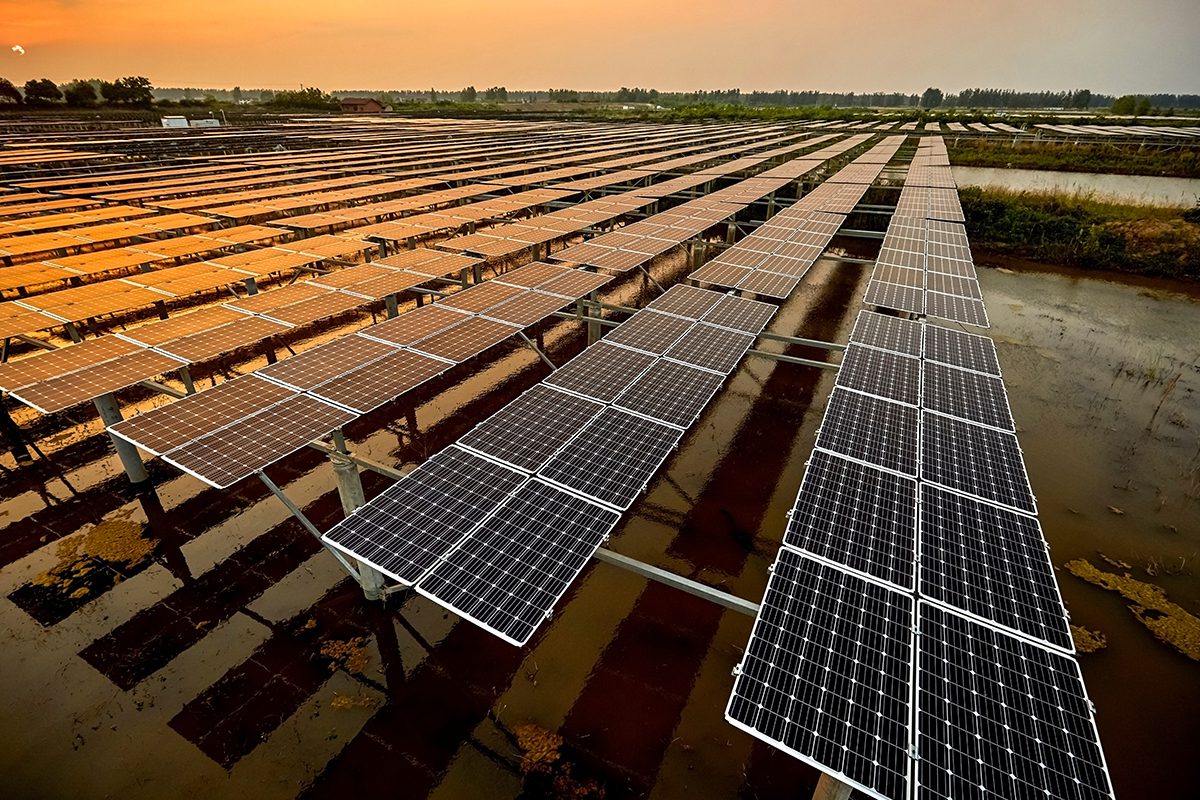
Energy Transition and Decarbonization
Regulatory frameworks and corporate sustainability mandates drive decarbonization projects. TCG leads the research in energy transition technologies and assists companies in deploying the best GHG reduction strategies.
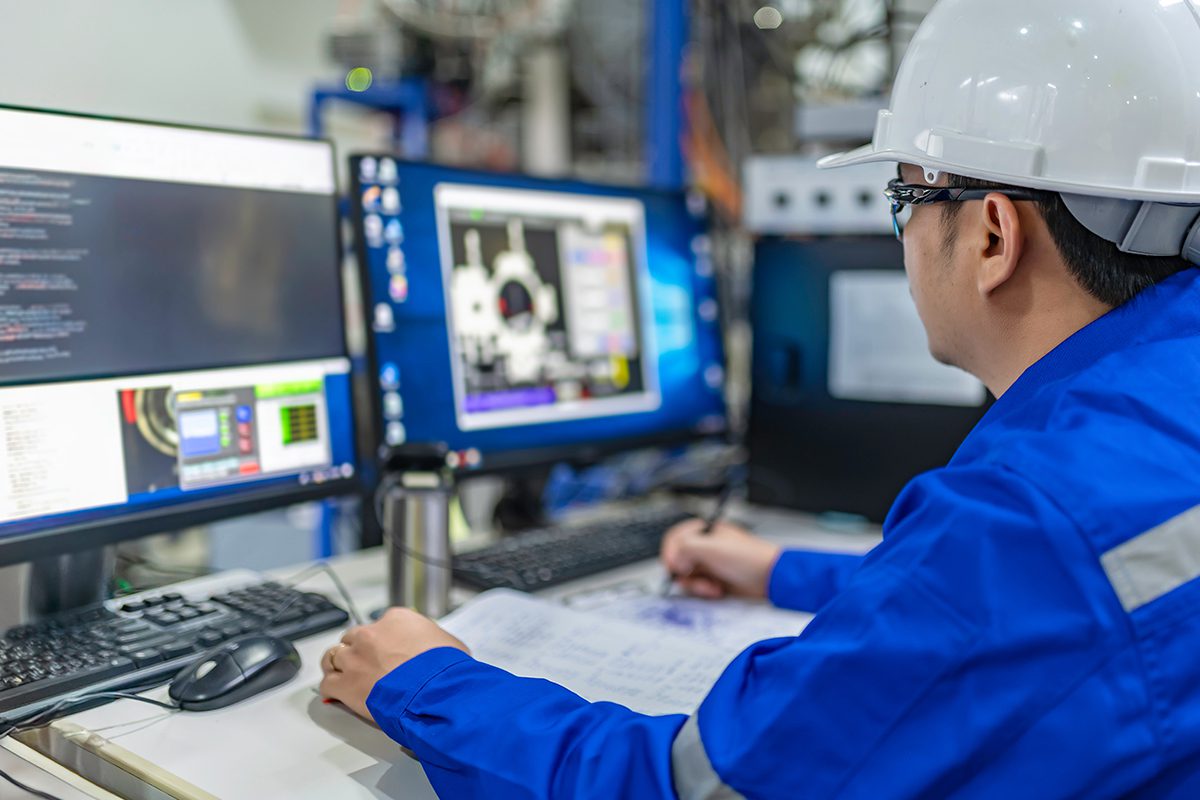
Industry 4.0 – Industrial Internet of Things (IIoT)
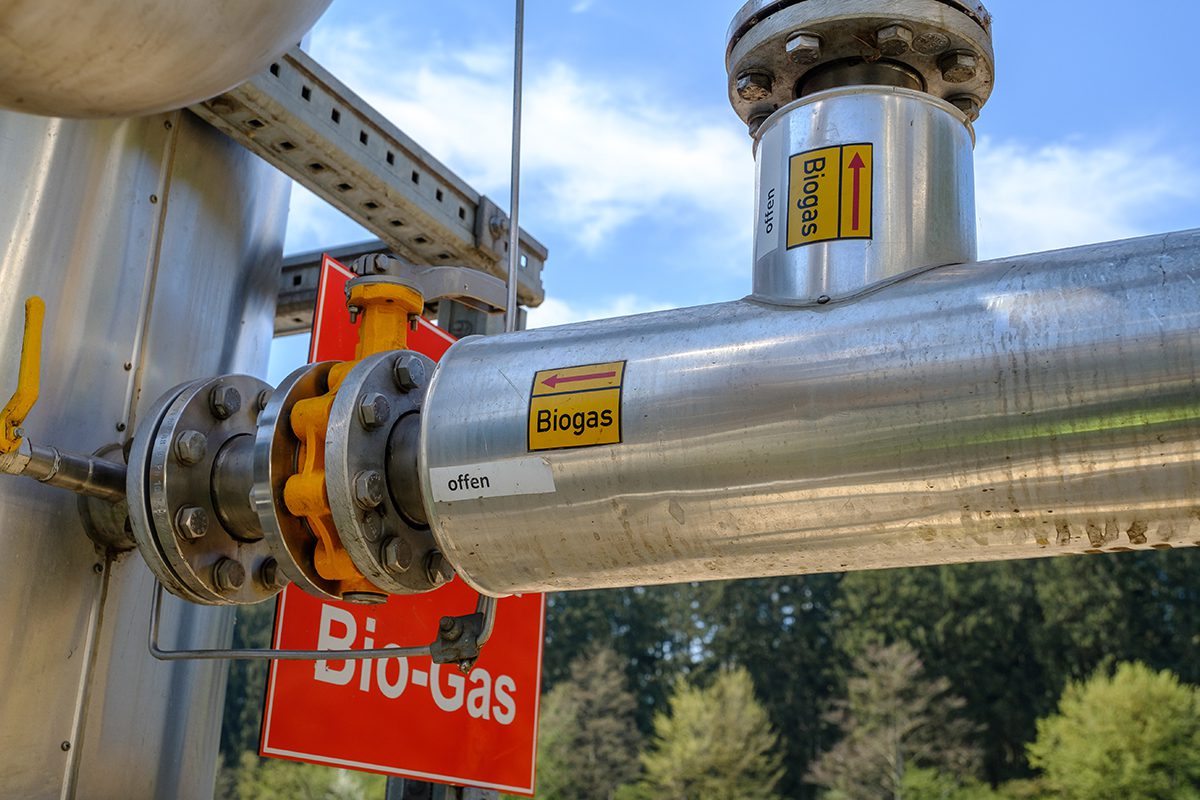
Methane and C1 Conversion
The availability of lower-cost natural gas is driving new research to convert methane into olefins and methanol. Also, new research is using biogas and renewables as feedstocks to expand sustainable production capabilities. TCG has deep knowledge and supports research and development programs to improve methane conversion catalysis.

Oil-to-Chemicals
As a result, refiners and petrochemical operators are investigating crude-oil-to-chemicals (COTC) options to address these new market trends. Refining companies, especially in Asia, the Middle East and Eastern Europe, will adapt processing operations to yield more petrochemicals over transportation fuels.
TCG advises refineries on how to maximize chemical outputs, address market shifts, and meet decarbonization goals.
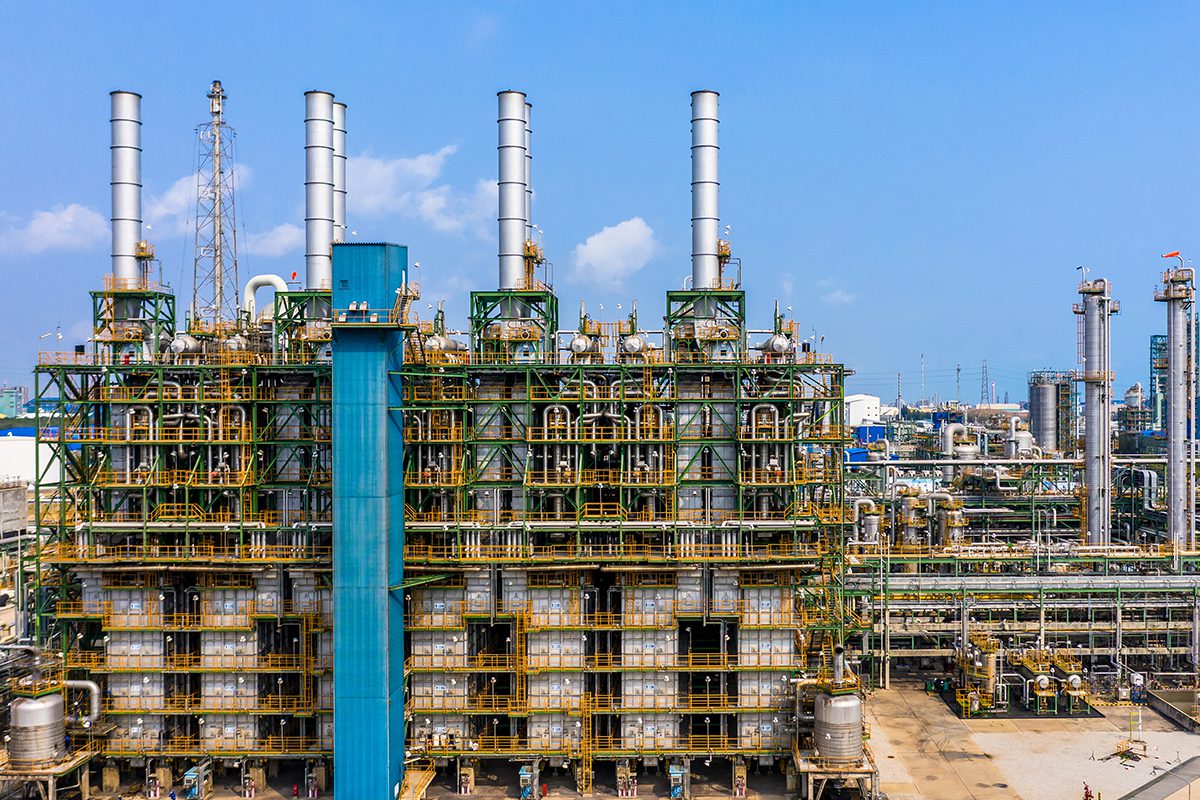
Downstream Chemicals and Polymers
Downstream chemicals anticipate new capacity additions, especially for p-xylene and PTA production in China. In North America, ethane capacity expansions support growing domestic polyethylene production.
Additionally, natural gas demand for chemical and petrochemical production is increasing, driven by lower prices and rising interest in C1 chemistry.
How The Catalyst Group and The Catalyst Group Resources Support Your Path to Net Zero
TCG is dedicated to helping industries achieve sustainability and decarbonization objectives. The Catalyst Group Resources’ (TCGR’s) Industrial Energy Transition and Decarbonization (IETD) Consortium brings together resources and a collaborative network to pilot the energy transition.
By leveraging decades of experience across fine chemicals, refining, petrochemicals and pharmaceuticals, TCG equips companies with the knowledge and tools they need to:
-
- Reduce emissions
- Enhance sustainability
- Transition to low carbon technologies

Let's Work Together
Learn how TCG can support your journey to Net Zero by 2050.
